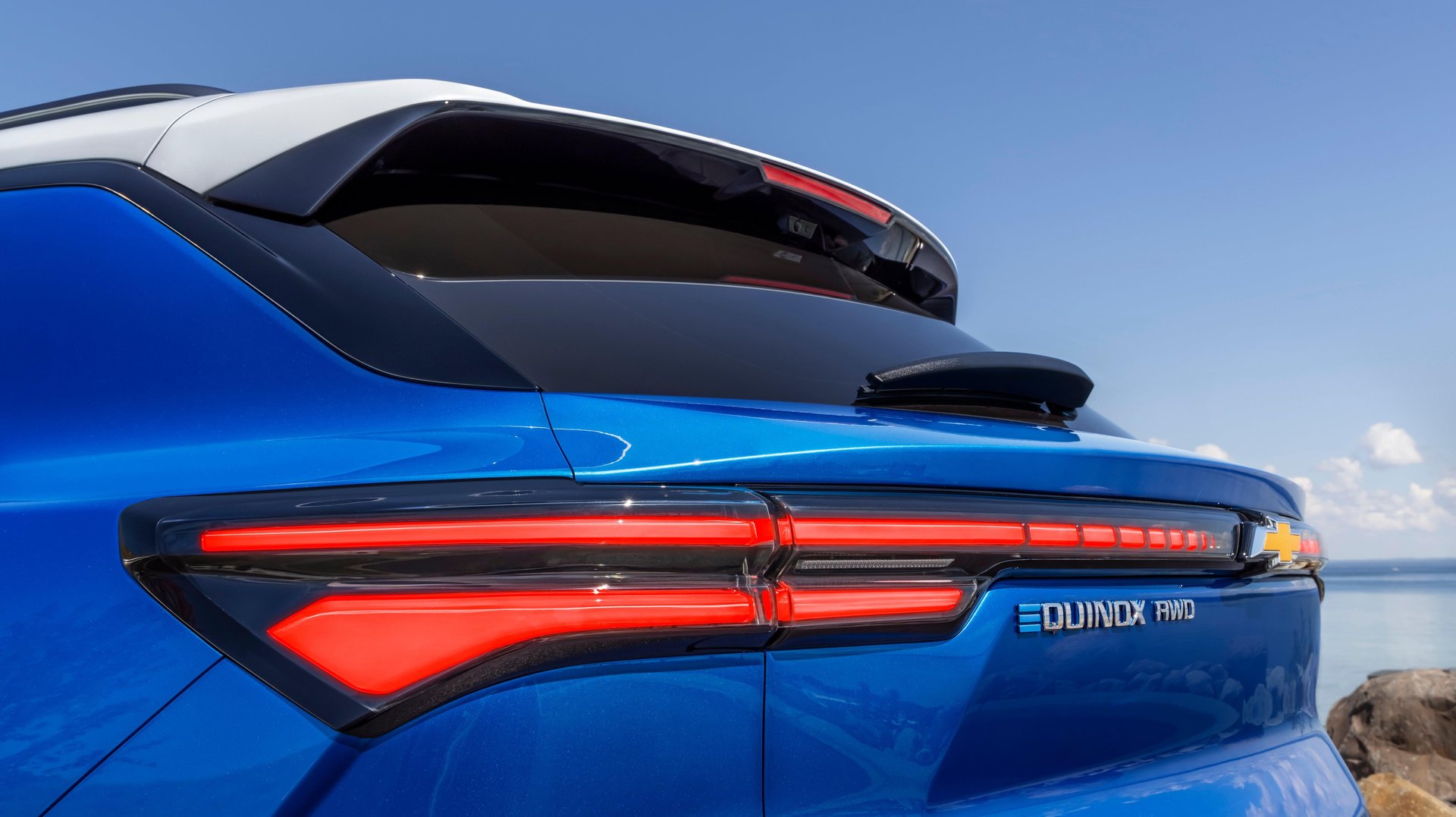Chevy wants in on EVs — just as everyone else wants out
Chevrolet may be late to the electric vehicle party, but it has a plan to make up for that

Chevrolet is decidedly very late to the electric vehicle game. Cars that should have been out a while ago, like the Silverado EV and Equinox EV are just starting to show up at dealerships now, and its rollout of the Blazer EV has been anything but smooth. It means Chevy is well behind other automakers like Ford, Hyundai and Kia when it comes to electrification, but Chevy doesn’t seem worried in the slightest.
Suggested Reading
Basically, Chevy’s plan is now that the rapid growth of EV sales has stalled, it is in the perfect position to flood the zone and be the only guy in town releasing new electric vehicles regularly as others pivot to hybrids, according to Business Insider. It’s a bold strategy – and one that I’m not totally sure can be pulled off if the demand isn’t there. Of course, Chevy (and GM) as a whole found themselves in this predicament by accident, but I guess kudos to them for trying to make the best of it.
Related Content
Business Insider sat down with Steve Majoros, Chevy’s chief marketing officer, who seemed fairly adamant that being late to the party is actually a good thing.
“I think it actually benefits Chevrolet,” Majoros says of the changing EV market, which is now dominated by more frugal and practical customers—Chevy’s bread and butter. Given that, he says, Chevrolet is pressing forward with EVs in hopes that their offerings can break through.
This lean-in approach is a classic strategy for a mass-market brand like Chevy. For years, Chevrolet has offered a wide range of pickup trucks, SUVs, and crossovers to meet demand for a huge swath of customers.
Simply by slotting vehicles in a segment and at a certain price point, Chevrolet, typically the third-largest brand in the US after Ford and Toyota, is able to siphon off market share from competitors and grow its volume.
It sure looks like that is what the Bowtie is trying to do with electric vehicles, but it’s not a scheme that comes without risk. What Chevy is trying to do, according to BI, is bank on the conventional wisdom of the automotive industry that once you get customers in front of EVs, the battle is already half over. It’s an interesting thought, especially since EVs (on their face) are actually a very good thing for most people to have over gas-powered cars.
Here’s more from the outlet’s conversation with Majoros:
Majoros offers a point of proof that a flood-the-zone approach might be working: Dealers and their employees – often the first to experience these electric cars – are also among Chevy’s most reliable early EV adopters.
“We’re talking to a lot of first-time EV buyers with the Blazer EV, and a lot of them are dealership employees,” Majoros said. “They get the first look at these cars, they test drive them and realize, ‘This thing’s pretty damn good.’”
Even if it takes a while for EV demand to catch up to supply, Majoros did tell Business Insider that there are plenty of gas-powered Chevy still available on dealer lots that can cushion the blow of weak-ish EV sales. This doesn’t even take into account the fact GM is actually planning to build hybrids of their own for the U.S. market.
So, only time will tell if Chevy’s makeshift actually-being-late-to-the-game-is-a-good-thing strategy, but the success of its EVs will largely come down to whether or not they’re good. Right now, Chevy has at least one winner on its hands with the Equinox EV and two others that need some, well, work.
